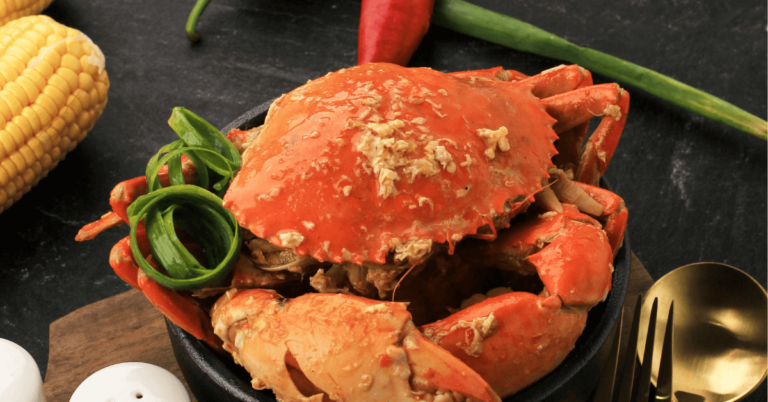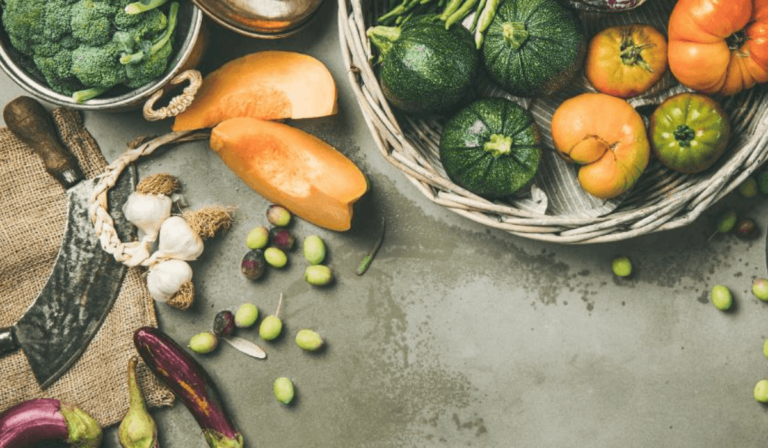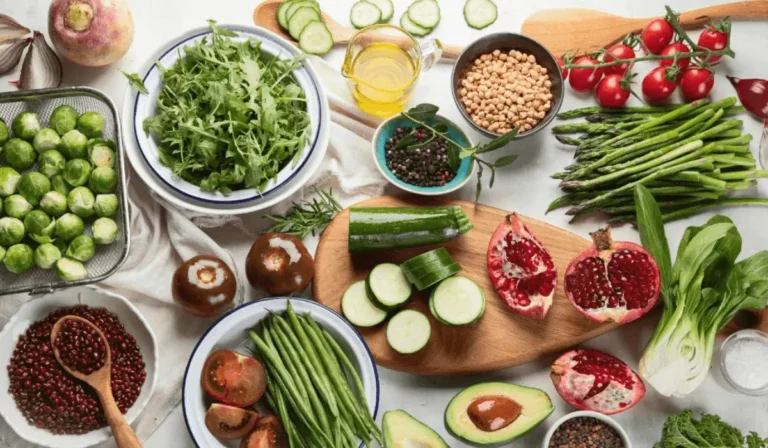Introduction Frozen Peas and Carrots Benefits:
Frozen Peas and Carrots Benefits Ever wondered if frozen peas and carrots are good for you? In our busy lives, we often reach for what’s convenient, but it’s important to know if these choices are healthy too. Let’s dive into the world of frozen veggies and see what’s up.
First
why pick frozen peas and carrots? They’re quick to cook and easy to use – no peeling or chopping needed. But here’s the big question: Are they as nutritious as fresh ones? You might be surprised to learn that they pack a pretty good nutritional punch.
Frozen peas and carrots aren’t just a shortcut for busy days. They’re a smart way to up your vegetable intake and keep your meals balanced. So, are they just a convenient choice, or do they bring real health benefits to the table? Spoiler alert: they’re a nutrient-rich option that’s great for your health.
Stay tuned as we explore the nutritional profile, benefits, and best ways to use frozen peas and carrots in your diet. Whether you’re a health buff or just looking for easy meal ideas, this article has got you covered. Let’s get started!
Nutritional Profile of Frozen Peas and Carrots
When it comes to the nutritional value of frozen peas and carrots, there’s a lot to unpack. So, what’s really in these frozen gems?
Frozen Peas:
They’re a powerhouse of nutrients. Packed with vitamin C, vitamin K, and a host of B-vitamins, peas are more than just a green addition to your plate. They’re also rich in dietary fiber and protein, making them a fantastic choice for those looking to maintain a healthy weight.
Frozen Carrots:
Carrots are famous for their beta-carotene content, which our bodies convert into vitamin A. This is great for eye health, among other benefits. They also bring a good dose of vitamins C and K, along with fiber and potassium.
But here’s a question that often pops up: Are frozen veggies as nutritious as fresh ones? The answer is quite reassuring. The freezing process actually preserves most of the nutrients, so you’re not missing out on the good stuff. In fact, in some cases, frozen can be even more nutritious than fresh veggies that have been sitting out for a while.
Let’s not forget about caloric content. Both peas and carrots are low in calories, making them an excellent choice for anyone watching their calorie intake. Plus, the fiber in these veggies helps you feel full longer, aiding in weight management.
In summary, frozen peas and carrots are nutritional champs. They bring a lot to the table in terms of vitamins, minerals, and fiber, all while being low in calories. So next time you’re in the frozen aisle, remember that these veggies are more than just a convenient choice – they’re a healthy one too!
Benefits of Frozen Peas and Carrots
Frozen peas and carrots aren’t just about nutritional value; they offer a range of benefits that make them a smart addition to any diet. Let’s delve into why these frozen veggies are a win-win for your health and lifestyle.
Convenience and Portion Control:
One of the biggest perks of frozen peas and carrots is their convenience. They’re pre-washed, pre-cut, and ready to cook – a real time-saver. Plus, you can use exactly what you need and store the rest, making portion control a breeze.
Nutrient Retention:
Here’s a fact that might surprise you: frozen peas and carrots often retain nutrients better than their fresh counterparts, especially if the fresh veggies have been transported over long distances or stored for a while. The freezing process ‘locks in’ the vitamins and minerals, ensuring you get the maximum benefit.
Weight Management:
With their low calorie count and high fiber content, frozen peas and carrots are fantastic for weight management. The fiber keeps you feeling full, reducing the urge to snack on less healthy options.
Daily Vegetable Intake:
Struggling to get your daily dose of veggies? Frozen peas and carrots can help. They’re an easy way to add more vegetables to your diet, ensuring you meet your nutritional needs without any hassle.
But wait, there’s more! Are frozen peas and carrots just as good for kids? Absolutely! They’re a great way to introduce more vegetables into children’s diets. Their natural sweetness and bright colors make them appealing to the little ones, and you can easily mix them into a variety of dishes.
In conclusion, frozen peas and carrots offer a multitude of benefits. They’re convenient, nutrient-rich, great for weight management, and a simple way to increase your vegetable intake. So, the next time you’re looking for a healthy and easy addition to your meal, remember these frozen favorites are ready to step up to the plate!
Potential Downsides
Frozen peas and carrots are great, but let’s talk about a few things to watch out for. Being aware of these can help you make smarter choices.
Watch Out for Extras:
Some frozen veggies come with added stuff like preservatives or sugars. Always check the label! You want to pick the ones that are just peas and carrots, nothing extra.
Texture Changes:
Freezing can change the texture a bit. They’re still nutritious, but if you’re big on texture, this might be something to think about.
Organic and Home-Grown:
If you compare frozen peas and carrots with organic or home-grown ones, there might be some differences. Organic and home-grown veggies often don’t have synthetic pesticides or fertilizers, and some people prefer their taste.
So, are they always the best choice? Not always. They’re super convenient and nutritious, but if you have access to fresh, organic, or home-grown veggies, you might prefer those for taste and texture.
In short, frozen peas and carrots are a solid choice, but keep an eye out for added ingredients and think about your texture preferences and where your veggies come from. This way, you can enjoy them in a way that fits your diet and taste buds best.
Cooking and Preparation Tips
Now that we know the benefits and downsides of frozen peas and carrots, let’s talk about the best ways to cook and prepare them. With the right techniques, you can maximize their flavor and nutritional value.
Preserving Nutrients During Cooking:
The key is to cook them just right. Overcooking can lead to nutrient loss. Steaming or microwaving with a bit of water is a great way to keep those vitamins and minerals intact. Avoid boiling them for too long, as this can cause nutrients to leach out.
Creative Ways to Include Them in Meals:
Frozen peas and carrots are super versatile. Toss them into stir-fries, soups, or stews. They’re also great in rice dishes or pasta. Want something different? Try adding them to smoothies for a nutrient boost. Their mild flavor blends well with fruits.
Making Frozen Vegetables More Appealing:
If you’re not a big fan of the taste of frozen veggies, there are ways to spice things up. Add herbs and spices, or a splash of olive oil or lemon juice for extra flavor. Roasting frozen peas and carrots in the oven with a bit of seasoning can also bring out a delicious, caramelized taste.
Are frozen peas and carrots good for quick meals?
Absolutely! They’re perfect for when you’re short on time. Just heat them up, add your favorite seasonings, and you’ve got a healthy side dish ready in minutes.
In conclusion, with a bit of creativity and the right cooking methods, you can make frozen peas and carrots a tasty and nutritious part of your meals. They’re not just convenient; they can be a delicious addition to your diet. So next time you’re in a rush or planning your meals, remember these tips to make the most out of these frozen favorites.
Role in a Balanced Diet
Understanding how frozen peas and carrots fit into a balanced diet is key. These veggies can be more than just a side dish; they can be an integral part of your healthy eating plan.
Fitting into Various Dietary Plans:
Whether you’re following a low-carb, vegan, or gluten-free diet, frozen peas and carrots are a great fit. They’re naturally gluten-free and vegan, and while peas have some carbs, they’re also high in fiber and protein, making them suitable for most diets.
Importance of Variety in Vegetable Consumption:
It’s crucial to eat a variety of vegetables to get a range of nutrients. While peas and carrots are nutritious, they should be part of a larger veggie lineup. Include leafy greens, cruciferous veggies, and a mix of colors to ensure you’re getting a wide range of vitamins and minerals.
Pairing with Other Food Groups:
To make a balanced meal, pair peas and carrots with lean proteins, whole grains, and healthy fats. For example, add them to a chicken stir-fry with brown rice, or mix them into a quinoa salad with avocado and nuts.
So, can frozen peas and carrots really make a difference in your diet?
Definitely! They’re an easy, affordable way to boost your vegetable intake and add essential nutrients to your meals.
In summary, frozen peas and carrots can play a significant role in a balanced diet. They’re versatile, nutritious, and fit into various dietary needs. By combining them with other food groups and a variety of vegetables, you can create delicious, healthy meals that support your overall well-being.
FAQs
To wrap up our exploration of frozen peas and carrots, let’s address some frequently asked questions. These insights can help clear up any lingering doubts and provide quick, concise information.
Q: Can frozen peas and carrots lose nutrients over time in the freezer?
A: While freezing preserves nutrients, over a very long time (beyond 6-8 months), there might be a slight decrease in some vitamins. However, they generally retain most of their nutrients, making them a reliable choice year-round.
Q: Are there any easy recipes for beginners using frozen peas and carrots?
A: Absolutely! One simple recipe is a mixed vegetable stir-fry. Just sauté the peas and carrots with some garlic, soy sauce, and your choice of protein. Another easy dish is a hearty vegetable soup – just add them to a pot with broth, other veggies, and seasonings.
Q: Is it safe to eat frozen peas and carrots without cooking them?
A: Yes, it’s generally safe as they are flash-frozen. However, for the best flavor and digestibility, it’s recommended to cook them, even if just for a short time.
Q: Can people with diabetes include frozen peas and carrots in their diet?
A: Yes, in moderation. Peas have some carbohydrates, but they’re also high in fiber, which is beneficial for blood sugar control. Carrots have a low glycemic index, making them a good choice for people with diabetes.
Q: How can I make frozen peas and carrots appealing to kids?
A: Try making them fun! Add them to colorful dishes like fried rice or pasta. You can also blend them into smoothies or make them into fun shapes as part of a healthy snack platter.
In conclusion, frozen peas and carrots are not only nutritious and convenient but also versatile enough to suit various dietary needs and culinary skills. Whether you’re a seasoned cook or just starting out, these veggies can be a fantastic addition to your diet, offering both health benefits and delicious possibilities.
- Frozen Peas and Carrots Benefits: This specific article (Frozen Peas and Carrots Benefits) directly relates to the topic and could be linked with a rich anchor text like “Learn more about the nutritional advantages of frozen peas and carrots in our detailed guide on their benefits.”
- Roasting Frozen Vegetables: An article about roasting frozen vegetables (Roasting Frozen Vegetables) can be linked with “Discover alternative cooking methods for frozen vegetables, including peas and carrots, in our guide on Roasting Frozen Vegetables.”
- Carrot Fries: The article on carrot fries (Carrot Fries) could be linked with an anchor text such as “Explore creative and healthy ways to enjoy carrots in our Carrot Fries recipe.”






